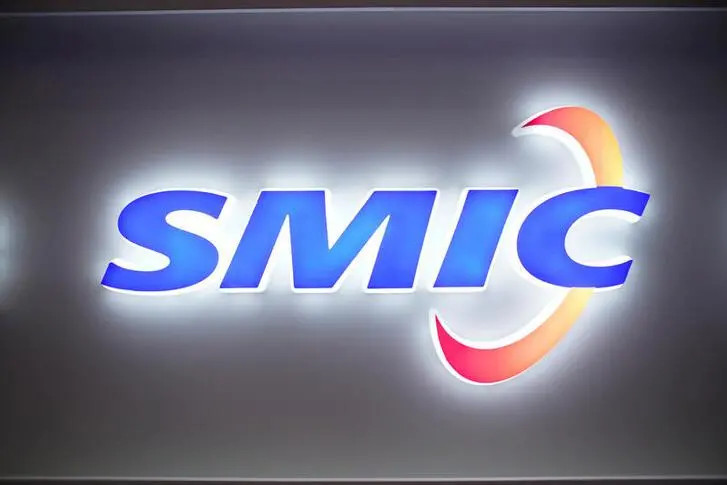PHOTO
March - The U.S. government has been slow to approve licenses for American companies like Lam Research and Applied Materials to sell chipmaking equipment to China semiconductor giant SMIC, several sources said, as the impact from global shortage spreads.
Licenses for U.S. suppliers to ship much of an estimated $5 billion dollars' worth of parts and components still have not come through, industry sources said, though many companies sought them soon after the company was blacklisted in December. Certain licenses have been granted, including for small numbers of expensive equipment in recent days.
As policy shifts under President Joe Biden, who took over from Donald Trump in January, U.S. government agencies led by new appointees still haven't completely decided what should be sold to Semiconductor Manufacturing International Corp, which produces chips for Qualcomm and other American companies.
The Trump administration placed SMIC on the U.S. Department of Commerce's entity list over concerns of SMIC aiding China's military.
The listing, which requires U.S. suppliers to get a license before shipping goods to SMIC, is unusual because it says most products should be granted on a case-by-case basis. However, equipment that can be used to make only the most advanced, 10 nanometer and smaller chips is likely to be denied licenses.
The administration is supposed to make decisions on license applications within a month, but follow-up questions stop the clock.
"Lam Research is still in the application process and has not yet received a response," a Fremont, California, company spokeswoman said on Wednesday.
Applied Materials' chief financial officer said in a February 18 earnings call their forecast did not assume licenses would come through. A spokesman for the Santa Clara, California based company declined further comment on the licenses this week.
SMIC did not respond to requests for comment, but the company has said it provides services solely for civilian and commercial end users and that it has no ties to the Chinese military.
Decisions on licenses have been held up as officials ask follow-up questions about applications in part to determine whether the parts or components could be diverted for use in producing items 10 nm or smaller, sources said.
Washington trade lawyer Giovanna Cinelli said many license applications have resulted in "a lot of back and forth, which has elongated the period of review."
In a statement, a Commerce Department official dismissed the possibility that curbs on SMIC could contribute to the chip shortage, noting that the shortfall was tied to older technologies while SMIC restrictions relate to leading edge technology. The statement did not address the potential impact of delays in licenses for older technology.
SMIC, the largest foundry in mainland China, is an important player in the global semiconductor supply chain, which is under pressure as pandemic lockdowns drive up demand for electronics such as laptops and phones. Last month, it said it could not meet customer demands for certain technologies and its plants have been running "fully loaded" for several quarters.
SMIC's technological capabilities lag far behind cutting-edge foundries like industry leader Taiwan Semiconductor Manufacturing Co, according to industry sources.
Companies like Applied Materials and Lam Research, two key suppliers of production equipment, submitted numerous license applications to sell to the company. The bulk have not yet been acted on, industry sources said.
A spokeswoman for Entegris, a Massachusetts company that submitted license applications to sell to SMIC, told Reuters late Wednesday that it had received its first license within the past week.
Other companies that ship to SMIC include California's KLA Corp and Axcelis Technologies in Massachusetts. A KLA spokeswoman declined to comment on licenses, and while Axcelis's CEO spoke of "uncertainty" related to its licenses on Feb. 11th, a company spokeswoman declined to provide an update.
Qualcomm, which uses the Chinese foundry to produce chips with decades-old technology, put in applications for tools SMIC needs to produce them, just in case equipment makers don't get theirs, an industry source said. But they have not come through yet, the source added.
In September, SEMI, a worldwide industry group, said in a draft letter seen by Reuters that SMIC accounts for as much as $5 billion in annual U.S. sales.
(Reporting by Karen Freifeld and Alexandra Alper; Editing by Chris Sanders & Shri Navaratnam) ((karen.freifeld@thomsonreuters.com; +1(646) 223-6921;))





















